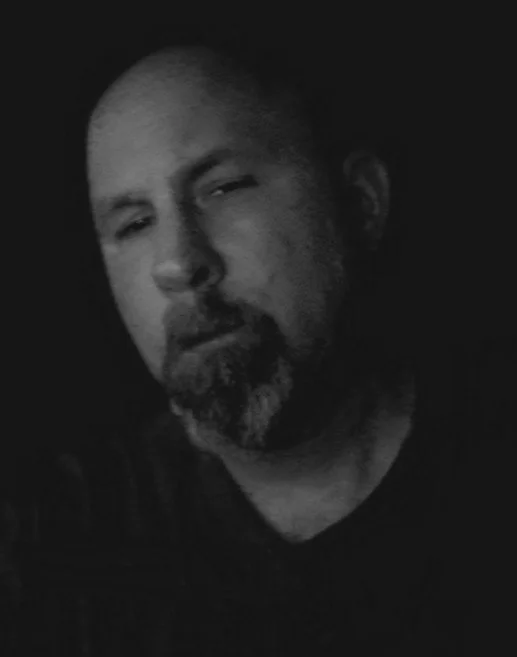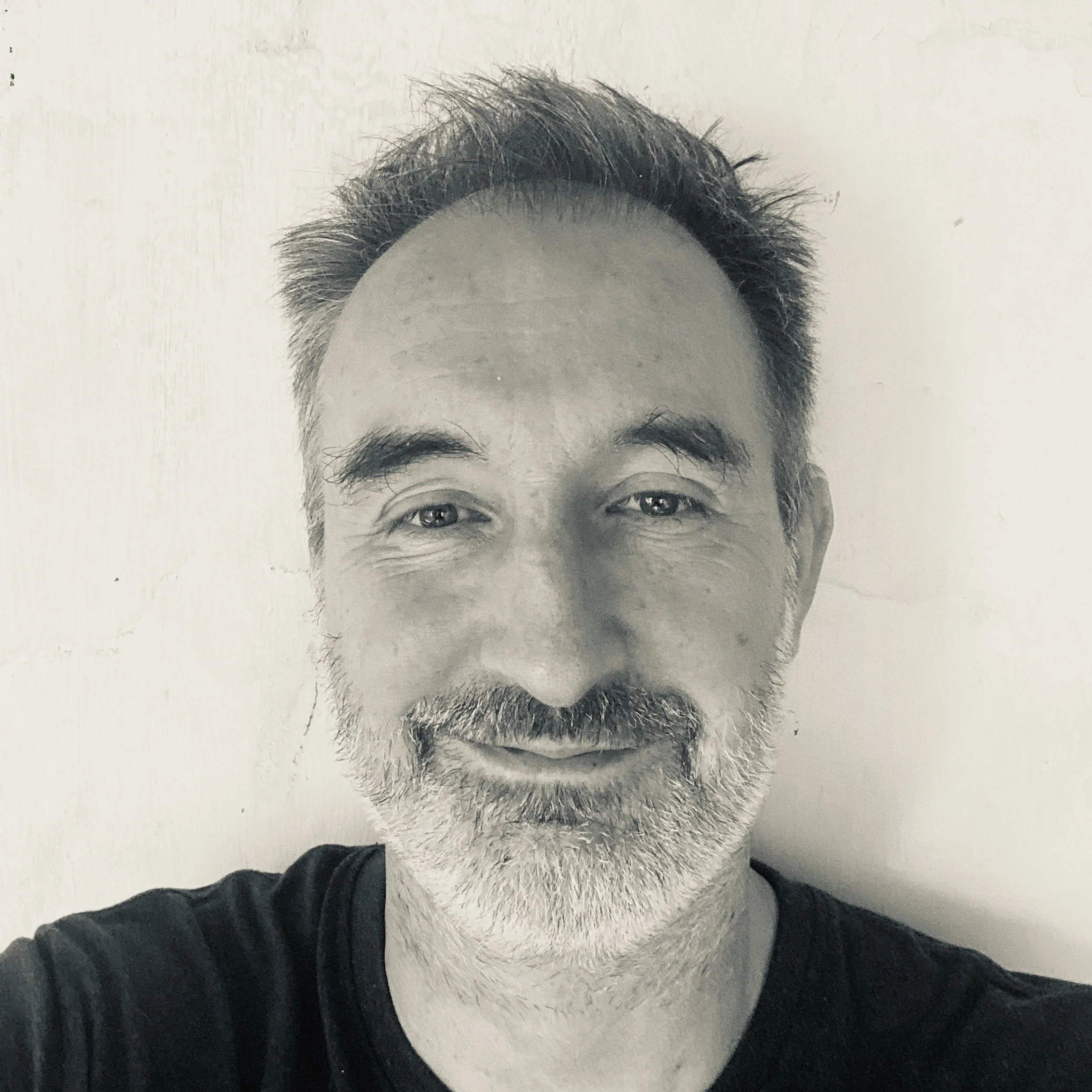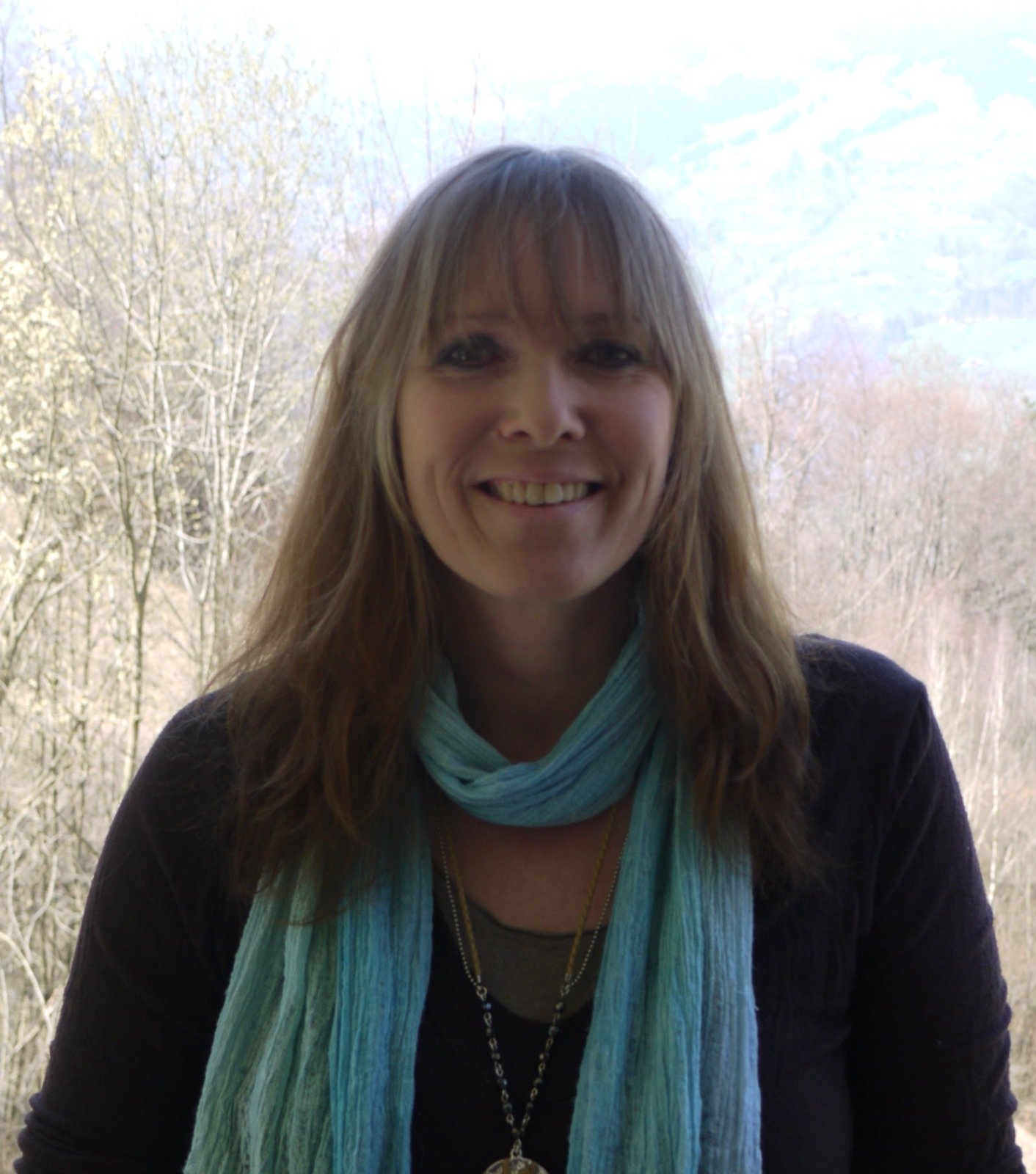Stewart Bint
What made you decide to become a writer?
The writing bug infected me when I was just seven years old, thanks to my favourite TV show, Doctor Who. The original series way back in 1963 inspired me when I became enraptured by the storylines which could take place at any time in Earth’s history and future, and anywhere in the universe.
I started creating my own worlds and characters, writing my stories in little blue notebooks until my parents bought me a portable typewriter for my 9th birthday. My make-believe worlds became invaluable after my dad died when I was 11. I retreated more and more into those places where I was in control of my characters’ fate, knowing that whatever happened to them in the story, they’d be okay in the end. My worlds were certainly better than the real one at that time.
Having discovered at an early age that I was hopeless at maths and figures, I quickly realised that unless I could make my living with words, I was going to starve.
How many books have you written and/or published and which is your favourite? Why?
I’ve written six. Five novels and a short story collection.
My favourite is my last one, “When God’s Wind Blows”, which brings me full circle, as it’s the sequel to my first novel, “In Shadows Waiting”. It was great to revisit a character I thought I’d left behind in 2015, and, as the story is set nearly 40 years after the original, to see how his life has developed. It’s a paranormal crime thriller with a touch of horror, set during the COVID pandemic.
What is your favourite genre to write in? Tell me why.
Four of my novels are paranormal, with the fifth being science fiction. And many of the tales in my short story collection have a paranormal or sci-fi theme – so paranormal is my favourite. I guess this is because I’ve had a couple of real-life brushes with the supernatural, and wanted to explore it further through my fiction. “In Shadows Waiting” was inspired by my personal experience of seeing the entity that I describe in detail towards the end of the story.
Did you need to do research for your book? If so, how much did you do, how did you do it? And, have you ever interviewed someone in relation to your book, in order to make your story more realistic?
Let me combine these two questions for my answer. Yes, even though my work is largely paranormal and science-fiction, I feel I’d be short-changing my readers if I didn’t make everything as feasible as possible. And this became of paramount importance in “When God’s Wind Blows”.
Many scenes required as much accuracy of the real world as possible, to nudge the unbelievable towards being believable. I interviewed three people who at that time were still suffering from Long COVID.
Also, two junior doctors told me about the workings of a medical ward during the early stages of the pandemic, and details of how a COVID Intensive Care Unit functioned.
I interviewed someone who’d had an out-of-body experience while they were in a coma. My main character is a radio presenter, and, while I’m a former radio broadcaster, studio equipment nowadays bears no resemblance to the desks I used in the 1970s and 80s, so I turned to a BBC Radio presenter who explained how modern radio desks function, and how radio stations adapted to new working practices during the pandemic.
A former police officer gave me details of police procedure, and the concept of the national Holmes police computer. And finally, a climate activist gave me details of the environmental crisis facing our planet.
Research for my other books has included the genetic disorder Progeria, and for my sci-fi, time travel, novel, “Timeshaft”, the introduction of forks into England, the original Globe Theatre, and nuclear fusion.
How do you feel about killing off popular characters? Is it something you enjoy doing in your own books? Have you done it?
Yes, I’ve done it. The body count is quite high in a number of my books, but it’s a little different when they’re main characters. It doesn’t bother me personally, but when I killed a popular character in “In Shadows Waiting”, I was concerned about my readers’ possible reaction, even though the death was absolutely vital to the storyline and plot development. I needn’t have worried, though, as readers grasped that the message in that novel – and indeed in the sequel – is that death isn’t the end of a person’s existence.
Would you write any genre or do you stick to one?
I find it easier to write paranormal and sci-fi stories, so I stick to those, although I did surprise myself with the crime backdrop in “When God’s Wind Blows”. There are some genres in which I know I’d struggle to write a novel – romance being one of them. But I have experimented with a little romance, along with humour, fantasy, and even a couple of children’s tales, in my short story collection, “Thunderlands”.
Do you write under a pseudonym or your own name?
As a former journalist, broadcaster, and Public Relations writer, it seemed natural to continue using my real name for my fiction. Also, my ego would have severely slapped me if I’d put another name on my books.
How many hours a day or week would you say you spend writing? Is it a potential career for you, is it something you do outside your day job?
I took early retirement from my PR job to work on “When God’s Wind Blows”, which meant I was a full-time novelist for 18 months. During that time my plan was to be in my office from 10 a.m. until 1 p.m. five days a week. But in practice, I rarely finished much before 4 p.m. and often put in a couple of hours at weekends.
During my most prolific years, 2015 – 2018, I’d work on my fiction in the evenings and at weekends after dinner and a full shift at the day job. But I had a life-threatening blood clot in my lung in 2018, which prompted me to slow down and reclaim my free time. This meant there was a gap of five years between my last two books.
How do you react to reviews? Would you prefer just good ones or are you okay to receive a bad one occasionally? How does this make you feel?
I love reviews – positive or negative. As long as any negativity is backed up with the reason why the reader feels that way, I’ve actually welcomed it over the years. Any constructive criticism has been taken on board and put to good use, which made the next book even better.
I adopt that tactic now when I review books – and I review a lot of indie authors, as we need all the support we can get. I start with a default of five stars, and a set criteria for each star. If the book doesn’t meet that criteria I dock its star, and fully explain why in the review.
Stewart Bint, Amazon: Amazon.co.uk: Stewart Bint: books, biography, latest update
Stewart Bint, website: Stewart Bint Author - Home
Stewart Bint, Facebook author page: (2) Facebook
Stewart Bint X: (1) Stewart Bint (@AuthorSJB) / X
Stewart Bint, Bluesky: (6) Stewart Bint 📖 (@stewartbint.bsky.social) — Bluesky





























